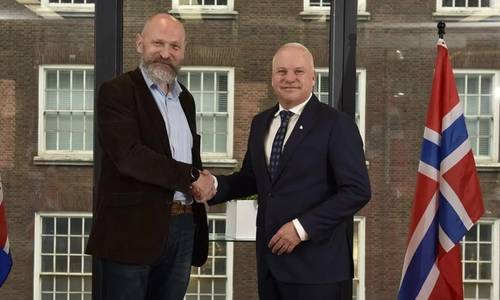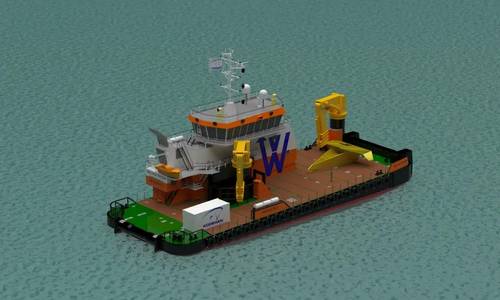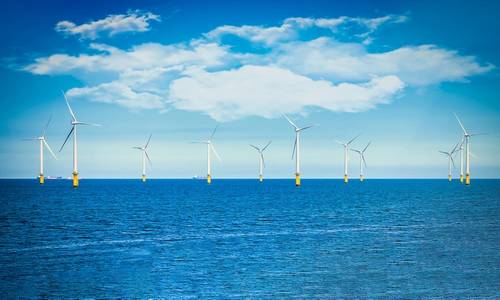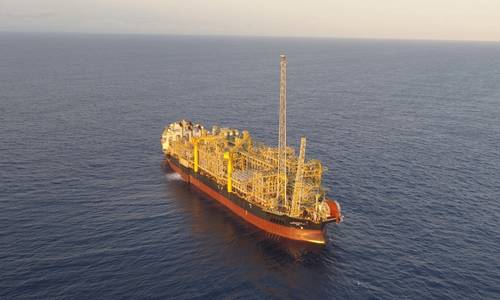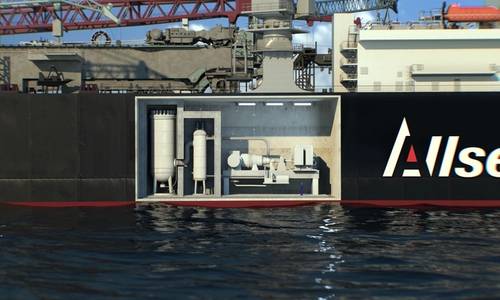Gas Reserves Estimate Goes Up at Shell’s Selene Prospect in North Sea
April 16, 2025
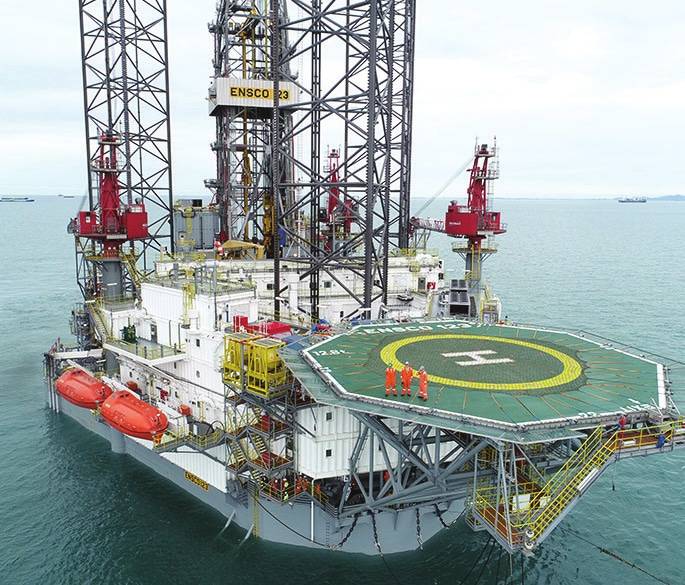
Shell has revealed ‘significantly better’ porosity and permeability properties at its Selene gas prospect in the North Sea, following the analysis of the data from the well drilled in 2024, prompting its partner Deltic Energy to raise estimates of recoverable gas reserves by 33%.
According to an update from Deltic Energy, which holds 25% interest in Shell-operated Selene gas discovery in the Southern North Sea, the analysis of core samples from well 48/8b-3Z is now substantially complete.
The well 48/8b-3Z was drilled in summer 2024 with Valaris’ Valaris 123 jack-up rig, with the partners confirming the gas discovery in October 2024.
The subsequent analyses have seen porosity and permeability characteristics of the gas discovery improved over previous assumptions, with the reservoir modelling indicating enhanced production potential from key B-sand interval.
Namely, Shell provided porosity and permeability measurements on 176 core plugs taken from drill core samples over the Leman B-Sand, which is the key producing interval within the much thicker Leman Sandstone package.
The core analysis indicates significantly better porosity and permeability than previously assumed in Deltic’s P50 volumetric estimates and reservoir modelling.
Taking the data in the account, Deltic Energy now estimates Gross 2C Contingent Resources of 174 BCF at Selene, which is a 33% increase on earlier estimates.
Following the successful drilling of the well in 2024, the joint venture partners unanimously voted to move into the second term of the license and committed to the various engineering, commercial and regulatory workflows required to support a Field Development Plan (FDP) and a future Final Investment Decision (“FID”) scheduled for early 2027.
“The integration of the core data into the volumetric and economic analysis has led to a significant refinement and improvement in Deltic’s understanding of the Selene asset which continues to impress. This updated understanding will be critical as the JV moves forward into project scoping and early project design workflows. The circa 45% increase in the NPV10 of Selene net to Deltic is particularly pleasing, especially within the context of the current market cap of the company.,” said Andrew Nunn, Deltic’s CEO.
Nunn added the company continues to explore various avenues to secure the funding required to maintain its interest in the Selene project as the joint venture works toward the FID.
“We believe that it has never been more important for the U.K. to develop and maximize the benefit of its own resources, like Selene, and thereby maximizing the proportion of ‘good barrels’ in the mix as we become increasingly dependent on imported oil and gas,” concluded Nunn.

